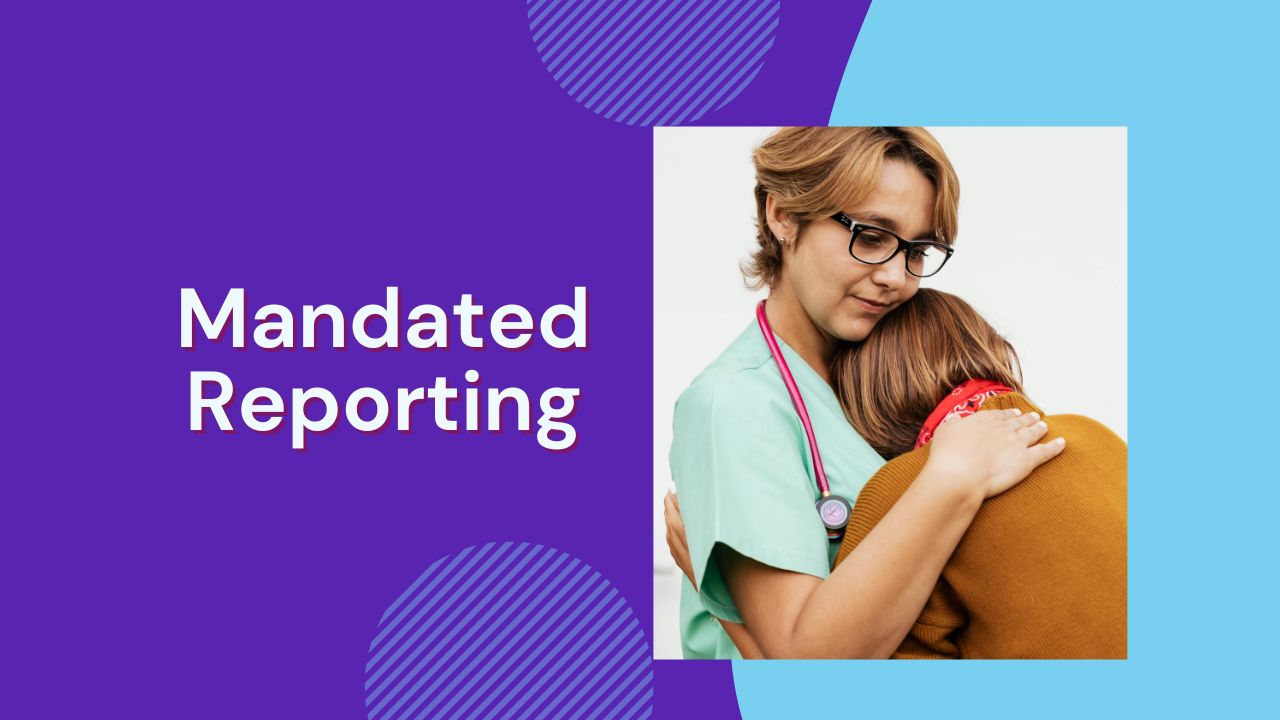Picture this: you are working a busy shift in the intensive care unit (ICU) and are assigned two critically ill patients. During your shift, two more critically ill patients are admitted to the ICU. To top it all off, the hospital is already short-staffed.
As a result, your supervisor assigns you to care for two more patients. You now feel that you are at an unsafe nurse-to-patient ratio of 1:4. You want to reject the assignment but you are afraid of consequences or discipline from your workplace or board of nursing (BON).
In this example, a nurse may consider invoking "safe harbor," a legal process that protects nurses against retaliation or BON discipline.
Keep reading to understand how safe harbor nursing rules could help protect your license and your professional ethics in challenging situations.
What is safe harbor for nurses?
Essentially, a safe harbor in nursing provides nurses with protection from unsafe assignments that go against ethical nursing practices, including compromising patient safety.
The Board of Nursing (BON) in Texas defines safe harbor as:
"a process that protects a nurse from discipline by the Board and retaliation, suspension, termination, discipline, or discrimination from the employer for invoking safe harbor in good faith."
Currently, in the U.S., only New Mexico and Texas have safe harbor protections in place for nurses.
- New Mexico: Safe Harbor for Nurses Act
- Texas: Safe Harbor Nursing Peer Review
In both states, registered nurses and licensed practical or licensed vocational nurses are eligible for safe harbor. In Texas, advanced practice registered nurses are also explicitly eligible for safe harbor.
Nurses can request safe harbor if they are being asked to disobey the Nursing Practice Act (NPA) or their BON rules. They can then proceed to make a good-faith request for a nursing peer review of their case.
In what cases does safe harbor apply?
What is deemed safe and unsafe nursing practices can be subjective. For example, a supervisor may assign a registered nurse a nurse-to-patient ratio that is considered unsafe by the nurse but safe by a facility's standards.
A nurse in either of these states can invoke safe harbor when abiding by the following guidelines:
- When a nurse's "good faith judgment" tells them that they are not qualified or skilled to take on an assignment—doing so would subject a patient to harm.
- When a nurse feels that they are asked to perform practices that go against the Nursing Practice Act or Board of Nursing rules.
- Safe harbor must be invoked prior to engaging in the unsafe assignment.
Examples of what may prompt the invocation of safe harbor are:
- Clinical assignments relating to patient acuity and staffing where the nurse perceives that patient harm could result.
- Situations where a nurse is asked to participate in unprofessional behavior or illegal conduct, such as falsifying medical documents.
- Situations where a nurse questions an order from another healthcare provider that the nurse is required to carry out. An example of this could be questioning a physician's medical prescription.
Both New Mexico and Texas stipulate a minimum number of nurses must be staffed or contracted by a facility in order for the safe harbor to be available in the setting.
- New Mexico: Three or more registered or licensed practical nurses
- Texas: Eight nurses, at least four must be registered nurses
How can a nurse invoke safe harbor?
The safe harbor laws for nurses in New Mexico and Texas are not identical, but they follow similar processes such as the following:
- A verbal notification to nurses and staff that safe harbor will be invoked
- A written formal documentation with the date, time, and location of the incident that incited safe harbor.
- A peer review of the situation, which includes one other nurse staff or manager.
- A determination as to whether or not further action is needed.
- A formal written documentation of the resolution if safe harbor is invoked.
Ensure safe staffing levels with Nursa
Safe harbor can be invoked for a number of reasons, such as when a nurse feels that they don't have the skills to perform a particular task. This can sometimes occur when healthcare facilities are short-staffed. Safe harbor offers nurses protection from potential consequences of employer retaliation or BON discipline.
Nursa helps medical facilities ensure safe staffing levels by connecting them with local PRN nurses. This also leads to better, safer, and higher-quality patient care.
Be part of keeping other nurses and patients safe by picking up PRN shifts with Nursa.
Sources:











.jpg)

